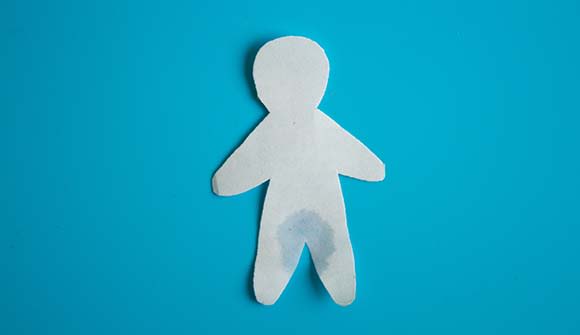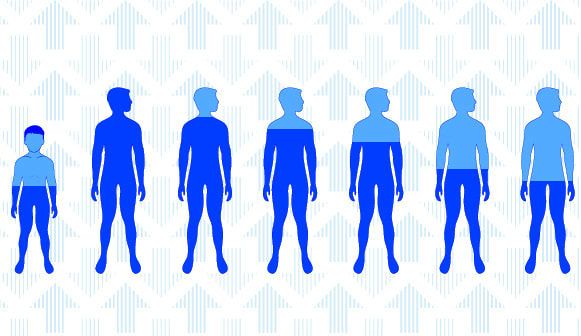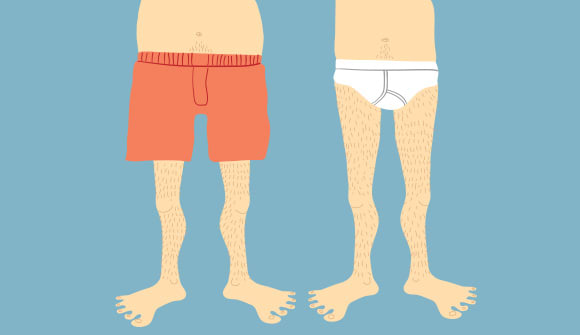Dribbling happens
Men can have leaky bladders, too.
Article Date:

It’s nothing to be ashamed of: Leaky bladder is a condition that affects about 10% of the male population. But most men aren’t talking about it much, said Lael Stieglitz, MD, a urologist with Baptist MD Anderson Cancer Center.
“Men don’t typically like asking for help with this,” she said, “Some wait until it gets to the point where their wife buys them diapers.”
A leaky bladder often becomes a quality-of-life issue. Those suffering from it may wet the bed during the night or have to change their underwear several times a day. Some may even experience embarrassing incidents while out with friends, Dr. Stieglitz said.
Many people associate this condition with women, since it’s quite common after pregnancy. But there are other reasons why leaky bladder happens, to both men and women. Age is a big contributing factor, disease is another.
When sudden movement causes leaking
There are two main types of leaky bladder, Dr. Stieglitz said: stress incontinence and urge incontinence. The first is caused by a weakened urinary sphincter muscle. The trigger for leaking is physical stress on the body.
“You swing a golf club and some urine falls out. Or you go from sitting to standing and you leak,” Dr. Stieglitz said.
Stress incontinence in men most often happens after prostate surgery. The procedure may damage the urinary sphincter muscle, which lies directly below the prostate gland. The muscle surrounds the urethra and controls the release of urine.
According to Dr. Stieglitz, fixing stress incontinence often requires surgery.
Gotta go
Urge incontinence is usually caused by weakened muscles in the bladder, Dr. Stieglitz said.
“It feels like, ‘I gotta go, I gotta go. Oh, I didn't make it,’” she said.
Many things can cause a weakened bladder. Diseases that disrupt nerves and blood vessels, like diabetes, can interfere with communications sent to the bladder. Other diseases, like cancer, can cause inflammation and blockages that interfere with bladder function. Sometimes, weakened muscles can be caused by a lifetime of bad habits, like waiting too long to go.
“Truck drivers can get it really bad,” Dr. Stieglitz said. “They're used to holding their bladders for 12 hours a day.”
Getting relief
Dr. Stieglitz prescribes medicines to help her patients manage urge incontinence. She also discusses self-management techniques, such as:
- Dietary changes. Certain foods and drinks, like those with caffeine, can make leaky bladder symptoms worse.
- Timed voiding. By urinating every two hours or so during the day, you keep your bladder empty, which means it's less likely to leak.
- Bedtime habits. Don’t drink fluids before sleeping.
- Physical therapy. The pelvic muscles that help to hold in urine can be strengthened. Baptist Rehabilitation offers this specialized therapy.
The most important thing to know about leaky bladder, Dr. Stieglitz said, is that you can get treated.
“Some men think, ‘I'm 65. This is just what it's like,’” she said. “They should know there are options, you don't have to just live with it.”
If you think you have leaky bladder, speak to a Baptist Health urologist about your symptoms or discuss them with your Baptist Primary Care physician who can guide you through next steps. To find the right doctor for your health needs, call 904.202.4YOU.



